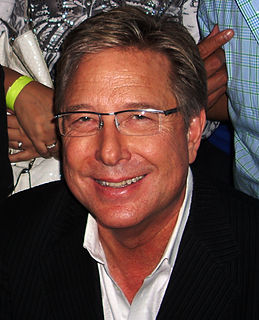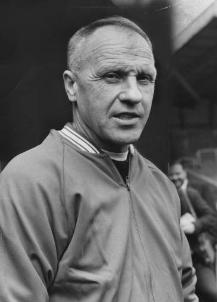A Quote by Anthea Butler
Charles Finney, the great 19th-century revivalist and evangelical, would have had a hard time preaching a revival in America today. Finney's brand of evangelical fervour, called the 'new measures,' emphasised saving souls and reviving worship by incorporating elements of personal testimony and music into church services.
Related Quotes
I read of the revivals of the past, great sweeping revivals where thousands of men were swept into the Kingdom of God. I read about Charles G. Finney winning his thousands and his hundreds of thousands of souls to Christ. Then I picked up a book and read the messages of Charles G. Finney and the message of Jonathan Edwards on 'Sinners in the Hands of an Angry God,' and I said, 'No wonder men trembled; no wonder they fell in the altars and cried out in repentance and sobbed their way to the throne of grace!'
Worship is more than music. It’s about these moments we have together as a family, as the church, and a good testimony can be a part of that. Prayer, preaching, the Word of God… these are all things that can be powerful elements as we plan a worship service. And ultimately, you want people leaving your church saying, ‘It was good to have been in the house of the Lord.
The disappearance of theology from the life of the Church, and the orchestration of that disappearance by some of its leaders, is hard to miss today, but oddly enough, not easy to prove. It is hard to miss in the evangelical world--in the vacuous worship that is so prevalent, for example, in the shift form God to the self as the central focus of faith, in the psychologized preaching that follows this shift, in the erosion of its conviction, in its strident pragmatism, in its inability to think incisively about the culture, in its reveling in the irrational.
I would say the 1980s, most importantly, there's been a witnessing of the bankruptcy of the liberal philosophy and the anti-moral and amoral philosophies that were so prevalent in the 1960s and '70s, the rebellion of young people, which brought about the drug epidemic in so many to break down the family. Particularly during this decade, the spiritual rebirth. I'm an evangelical, and I've watched the evangelical church here and around the world preaching Christ, the death, burial, resurrection of the savior, receiving more receptivity everywhere, and that growth.
One of the great things about America is that we have the freedom to worship or not worship as we please. It doesn't matter whether you're a Christian, Jew, Muslim. It doesn't matter whether you're an evangelical or a Catholic or a moderate Jew. You're entitled to worship - or an agnostic or atheist.
Graham promoted a white evangelical respectability that wanted to 'put the brakes' on the civil rights movement, and never really accepted women as equal to men. He may have been the country's greatest evangelist, but he was also an apologist for the racist and sexist beliefs pervasive among white evangelical men in 20th-century America.
Evangelical women are also large consumers of evangelical media and ministries, and their support of these organizations is crucial. Should they shun both Trump and the predominately male evangelical leadership, it may have a ripple effect in these organizations' fundraising abilities and their ministerial efforts.
The real crisis of worship today is not that the preaching is paltry or that it's too drafty in church. It is that people have no sense of the presence of God, and if they have no sense of His presence, how can they be moved to express the deepest feelings of their souls to honor, revere, worship, and glorify God?
I do not expect that the mere fact that I was once an evangelical apologist and now see things differently should itself count as evidence that I must be right. That would be the genetic fallacy. It would be just as erroneous to think that John Rankin must be right in having embraced evangelical Christianity since he had once been an agnostic Unitarian and repudiated it for the Christian faith.
It's an eclectic film and I think we served the novel really well. And we had a great cast who worked for free. Everyone read it and said, I'm in, from Nick [Nolte] to Albert [Finney] to Omar [Epps] to Barbara [Hershey]. We really had fun and shot it in a very short time. I think the subject matter is more topical today, more to the point, than it was 30 years ago, when it concerned the Vietnam War.

































